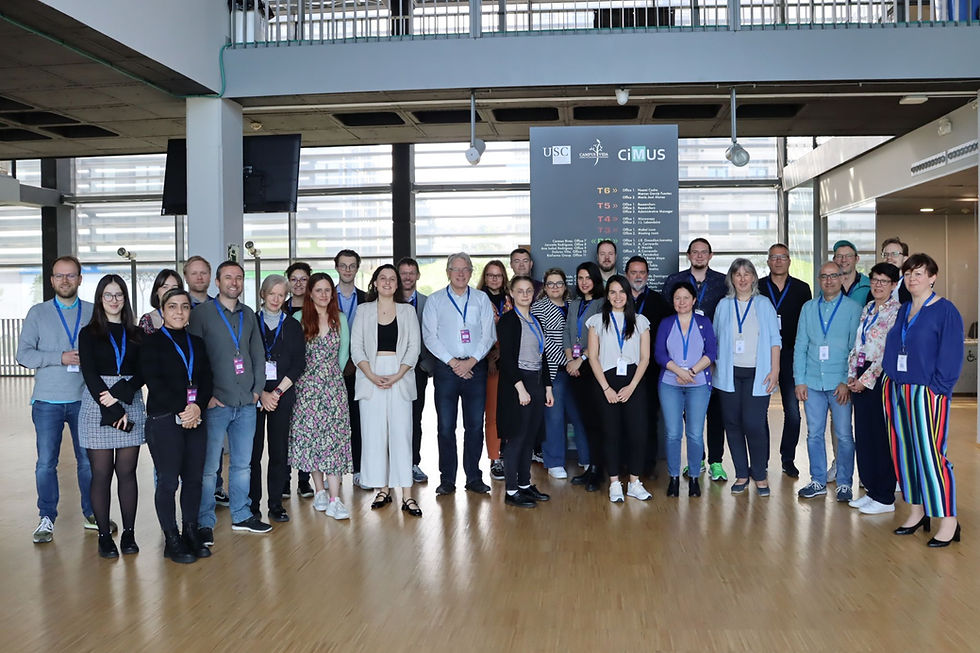Innovative nasal vaccines to prevent pathogen colonisation and infection in the upper respiratory tract
- European Vaccine Initiative
- Apr 28, 2025
- 2 min read
April 2025
As we celebrate European Immunisation Week, it's crucial to highlight the ongoing global efforts to protect people from respiratory infections—major causes of illness and death worldwide. Bacterial and viral pathogens responsible for human respiratory diseases such as Streptococcus pneumoniae, Bordetella species, influenza viruses, and SARS-CoV-2 pose significant public health challenges.
While current vaccines against airway diseases demonstrably reduce disease severity and mortality, their primary mode of administration, typically injection, and design limitations often preclude the prevention of initial colonisation or infection within the upper respiratory tract. Consequently, their capacity to impede transmission, particularly within densely populated or high-risk settings, is inherently constrained.
To address this unmet need, the NOSEVAC consortium (www.nosevac-project.eu), coordinated by the European Vaccine Initiative (EVI), is paving the way for next-generation nasal vaccines to mount immunity at the entry portal of airway pathogens (i.e., the upper respiratory tract, hence preventing early colonisation, transmission, and disease).
The NOSEVAC project relies upon a distinctive consortium comprising 13 distinguished and complementary research partners hailing from the European Union (EU), United Kingdom (UK) and Switzerland. It is funded by the EU, the UK and Swiss governments. The project revolves around the following activities:
Discovery of novel antigens for four major respiratory pathogens, namely Streptococcus pneumoniae, Bordetella sp., influenza virus, and SARS-CoV-2.
Design and characterisation of mRNA and self-amplifying RNA constructs for lead vaccine candidates.
Development of innovative formulation for nasal vaccines.
Evaluation of immunogenicity and mode of action of vaccine candidates in 2D and 3D models alongside animal models.
Characterisation of biomarkers of immunity to infection and vaccination in human nasal cavity.
Mapping stakeholder acceptance for nasal vaccination.
Several of the aforementioned activities have already yielded important results. Researchers have identified six essential genes for lung colonization by S. pneumoniae, with two proteins now undergoing further evaluation as potential candidates for a nasal vaccine against that causes contagious and potentially severe illnesses, including pneumonia, meningitis, and sepsis. Streptococcus pneumoniae that can cause severe illnesses, including pneumonia, meningitis, and sepsis. In addition, a patent has been submitted for a novel culture media and methods to grow Bordatella bacteria, the pathogen that causes whooping cough. By targeting the very first stage of infection, NOSEVAC project have the potential to support and guide the rational development of nasal vaccines that are capable of mounting potent protective immunity at the portal of entry of respiratory pathogens in humans. This approach could revolutionise the prevention of respiratory diseases by offering needle-free administration, enhancing community immunity, and reducing transmission at its source.





Comments